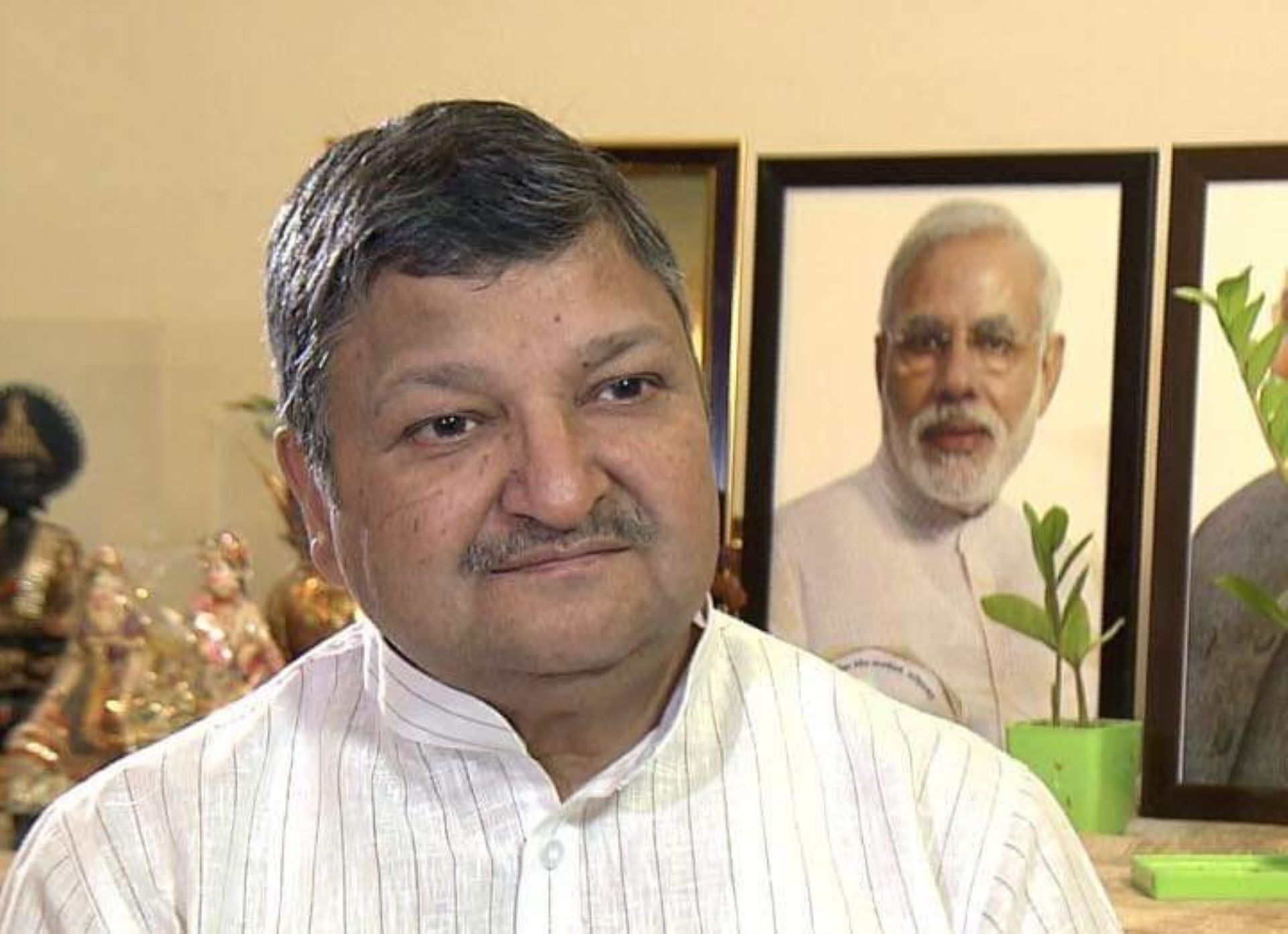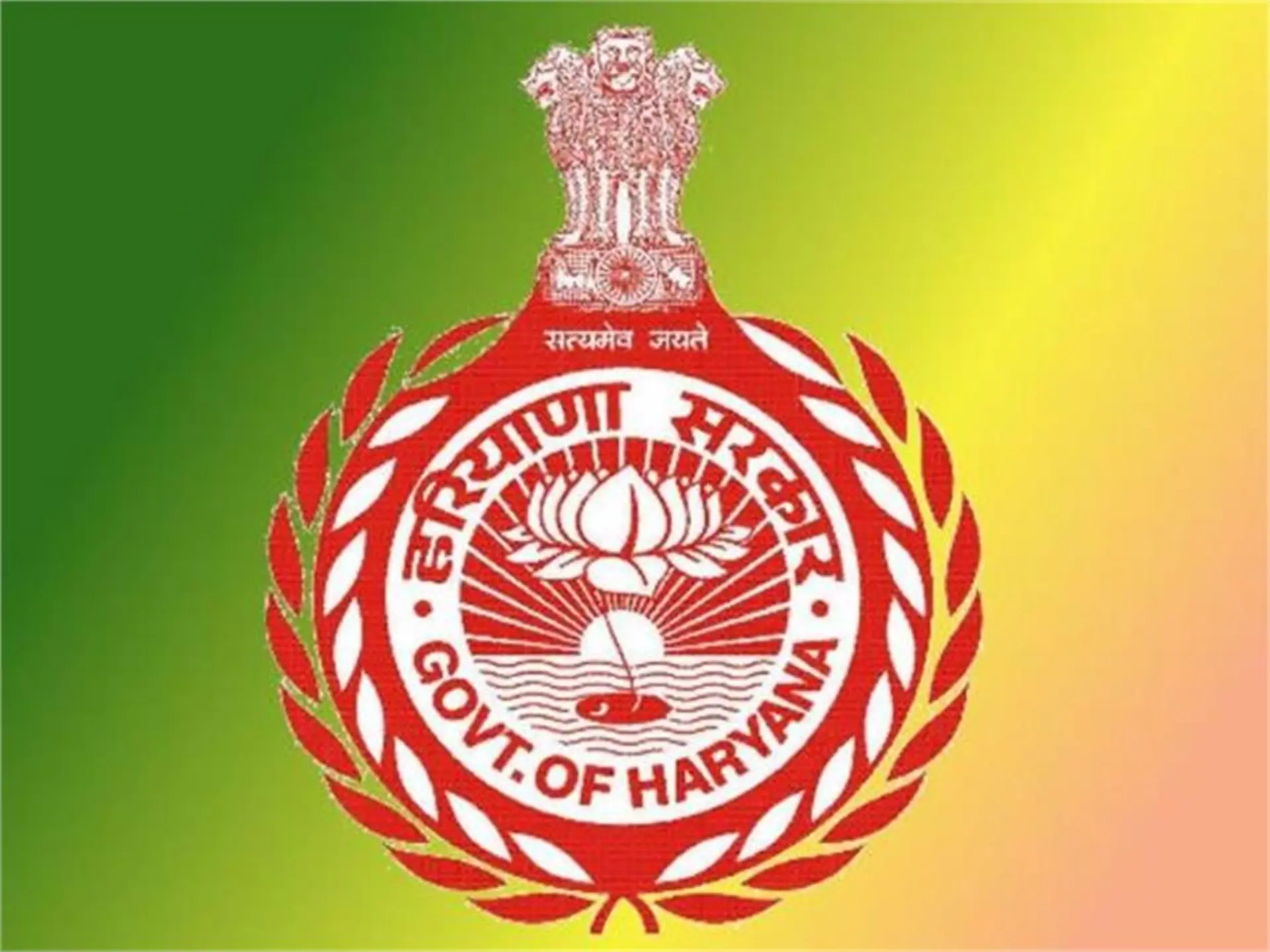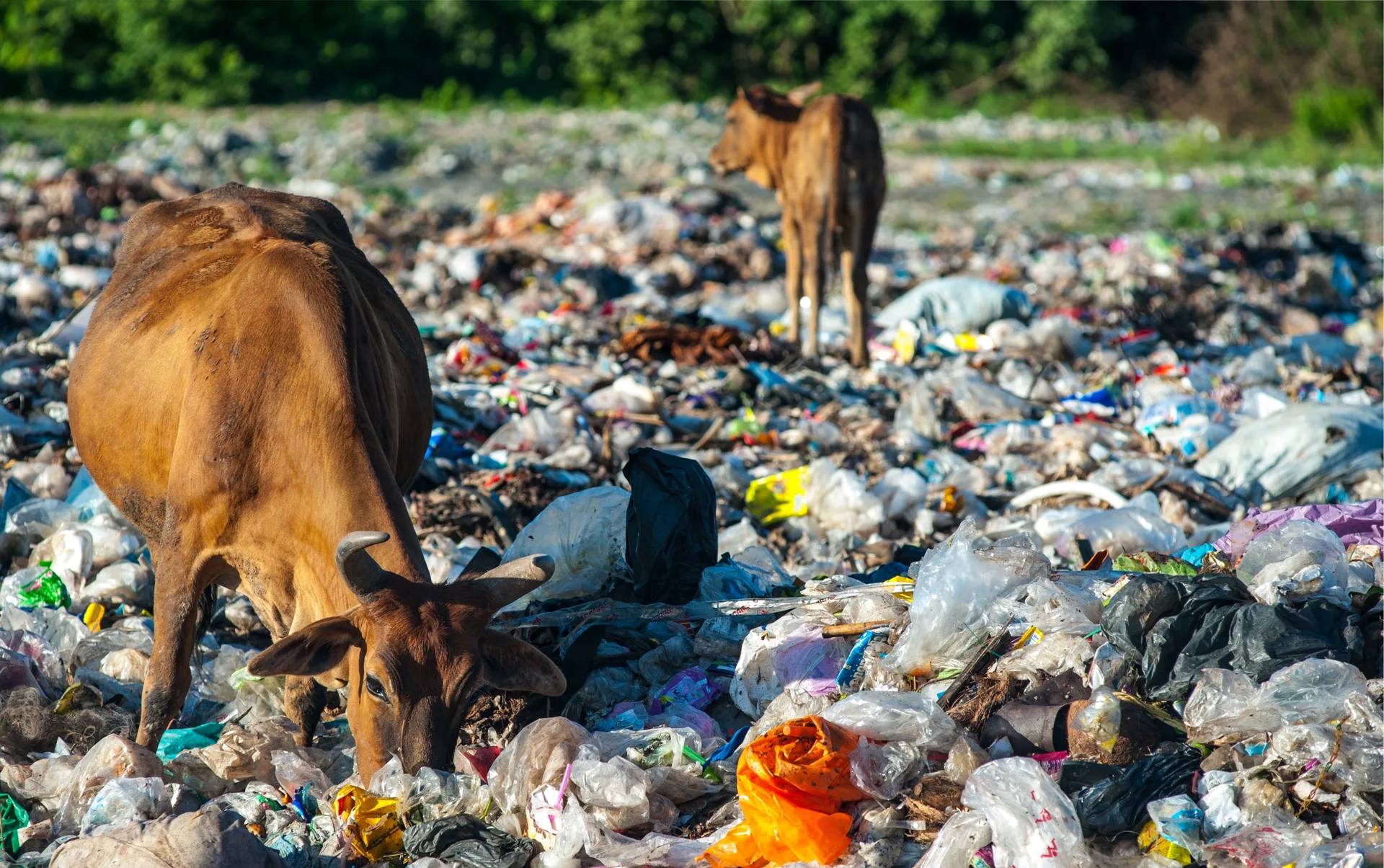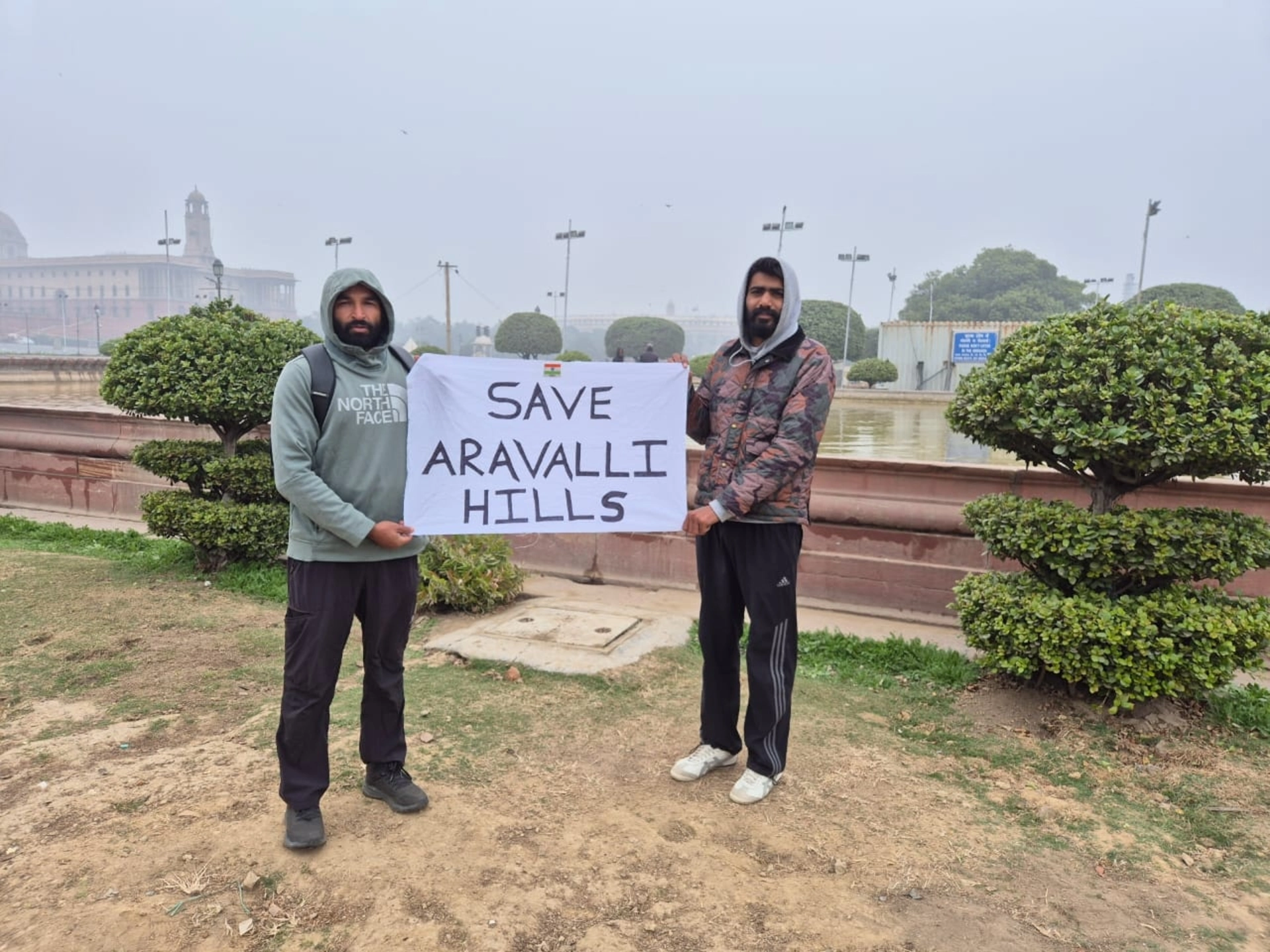
There is an adage that "raising a child takes a whole village." This emphasises the shared responsibility of parents and communities to provide a safe, nurturing, and inclusive environment for children to flourish.
The popular slogan of Indian Prime Minister Narendra Modi, "Sabka Saath Sabka Vikas," envisions and epitomises the collective effort of communities and applies equally to the inclusive growth of children’s learning.
In Bharat, children typically spend the initial three years at home, subsequently attend educational institutions such as Anganwadis and preschools, and gradually transition to primary schools. Therefore, what children learn at home or how their parents and communities are involved in the foundational stage of their lives impacts their future. The foundational stage encompasses an individual's life from birth to 8 years of age.
There is a positive link between parental involvement and children's literacy, numeracy, and socio-emotional skills in the early grades. Developing these skills is indispensable for a child's future growth and development.
An ecosystem enhancing the extent and quality of parental and community involvement is imminent. Globally, many governments and civil society organisations have prioritised parent and community engagement through their programmes and policies. They have done so by fostering strong partnerships between parents and school management and providing resources and platforms for parents to participate in decision-making.
The Government of India, under the visionary leadership of Prime Minister Modi, launched the NIPUN Bharat mission (National Initiative for Proficiency in Reading with Understanding and Numeracy) to support the universalization of foundational skills by the end of Grade 3. The NIPUN Bharat mission envisages an essential role for parental and community participation in its strategic implementation, with guidelines suggesting ways for states and UTs to increase engagement.
The Ministry of Education's Department of Education and Literacy also released guidelines aligned with the principles of "Atmanirbhar," or "self-reliant," Bharat, for parent participation in home-based learning during school closures and beyond. These guidelines discuss the role of parents, family members, and carers in promoting the welfare of children regardless of their literacy levels and helping them facilitate home-based learning. Parent-teacher meetings, which have become the norm in almost all schools, have helped build trust between parents and institutions, encouraging parents to talk with children about academics.
Significant efforts have been made by the Modi government to enhance parent and community participation in Bharat. However, more can be done to strengthen our approach. Given the disparities between rural and urban schools and further between private and government schools, it is important to establish stronger communication channels contextualised for each target audience. These channels will be essential in keeping parents informed and facilitating frequent communication between parents and teachers.
Making parents part of decision-making at the school or community level will provide them with a platform to share feedback, concerns, and insights. The RTE Act has mandated the establishment of School Management Committees (SMCs) for this purpose. However, most of these SMCs need to function more effectively. Therefore, it is imperative to strengthen and revamp the SMCs.
Identifying parents' challenges from diverse social, economic, linguistic, and geographical backgrounds and empowering them with the knowledge and skills required to support their child's learning is essential. This can be done by disseminating adequate resources, tools, and workshops contextualised to their needs.
On the upcoming National Education Policy anniversary, the focus should shift to prioritising parental and community engagement, especially in the foundational years, which can help Bharat go a long way in shaping the future of its children.
related

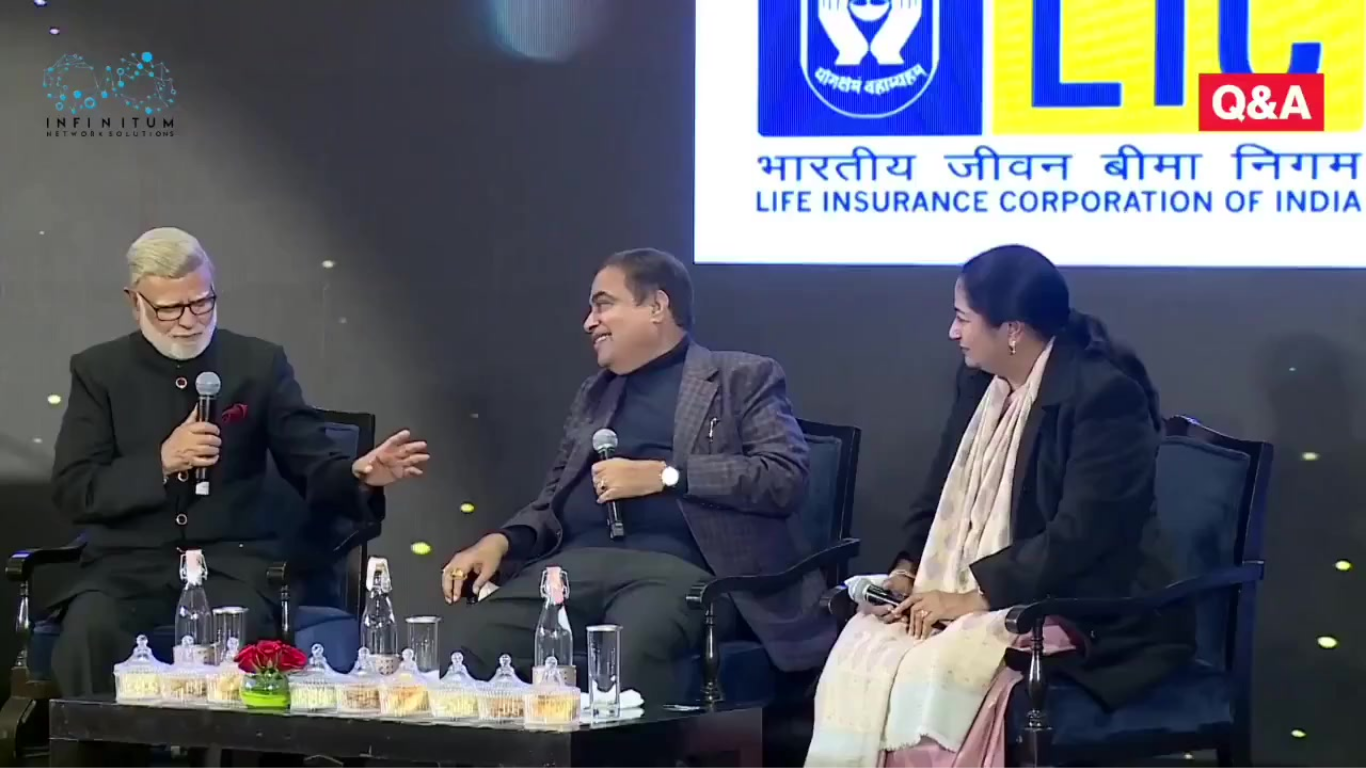
₹60,000 Crore Spent, But Gurugram Still Choked: Gadkari Deflects Infrastructure Question With Auto Industry Pitch

Laying the Strongest Foundation Education Reform Language Empowerment and India’s Path to AI Sovereignty




